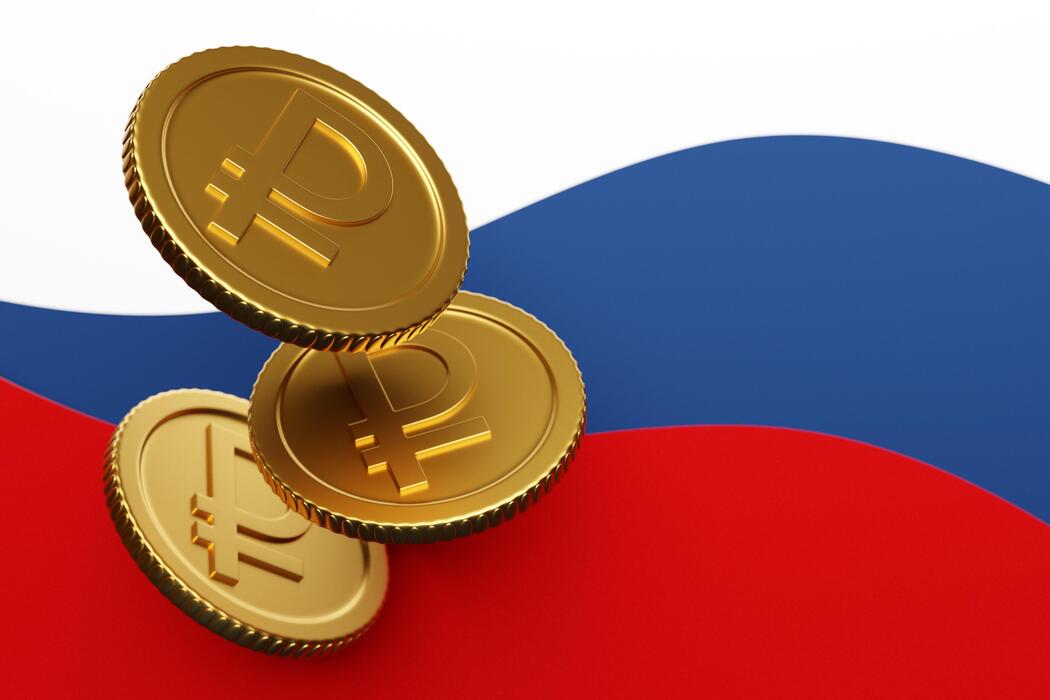Israel has seized 187 cryptocurrency wallets allegedly linked to Iran’s Islamic Revolutionary Guard Corps (IRGC) marking another escalation in the Israel Iran conflict. The wallets reportedly received around $1.5 billion though blockchain analysts say only a fraction remains.
According to Israel’s Ministry of Defense, the order to seize the wallets directly targets the IRGC, a military and security organization established after the 1979 revolution to safeguard the Iranian regime. The IRGC is designated as a terrorist organization by Israel, the United States, the European Union and several other countries making this seizure a significant development in the Israel-Iran conflict.
The government order signed by Israel’s Minister of Defense, stated:
“I hereby order the seizure of the property and of any other virtual asset that is found or will be found in the wallets as stated in order to confiscate the same subject to the provisions of section 66 of the Law.”
Following the announcement, blockchain analytics firm Elliptic reviewed the 187 wallet addresses. The company found that 39 of them had already been blacklisted by Tether since September 13, 2025.
Elliptic also revealed that while the wallets once held funds linked to IRGC activities, only about $1.5 million USDT remains far less than the previously reported $1.5 billion. This revelation underscores how fast moving digital assets have become central to the Israel Iran conflict.
Crypto and the Israel Iran conflict
The seizure reflects a growing trend both Israel and Iran increasingly rely on cryptocurrency in their shadow war. Reports show the IRGC has long used digital assets to fund operations a practice that continues to intensify the Israel Iran conflict.
Just last week, the U.S. Justice Department announced the confiscation of $584,741 in USDT from Iranian national Mohammad Abedini. Abedini is accused of supporting the IRGC’s drone program including the development of Shahed UAVs. In December 2024, he was charged with aiding the IRGC Aerospace Force by providing material support another example of how crypto intersects with the Israel Iran conflict.
In the same timeframe, the U.S. Treasury sanctioned additional wallet addresses linked to Sa’id Ahmad Muhammad al-Jamal who reportedly funneled $332 million in USDT to Yemen’s Houthi movement in cooperation with senior IRGC-Qods Force officials. These sanctions reflect how international regulators are widening their efforts to contain crypto funding within the broader Israel Iran conflict.
Iranian exchanges caught in the crossfire
The conflict has also spilled into Iran’s domestic crypto industry. In June 2025, Iranian crypto exchange Nobitex suffered a hack by a pro Israel group losing over $90 million. The stolen funds were rerouted to addresses pledging opposition to the IRGC.
Blockchain forensics firms including Elliptic have since claimed Nobitex had ties to the IRGC noting that sanctioned operatives allegedly used the platform for ransomware and other illicit operations. This shows how the Israel Iran conflict has penetrated even civilian financial infrastructure.
The seizure of 187 wallets is not just a crackdown on crypto it is a reflection of the deepening Israel Iran conflict that now extends into digital finance. As both nations weaponize blockchain for strategic advantage, global regulators and monitoring firms are left racing to track and contain the flow of funds in an increasingly decentralized battlefield.











